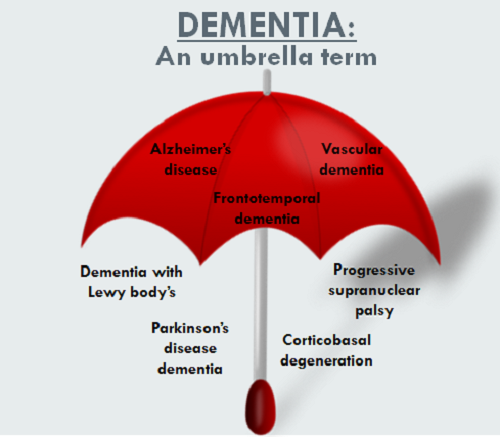Study provides 10-year risk estimates for dementia
A new study has provided 10-year absolute risk estimates for dementia, specific to age and sex, which may help identify high-risk individuals who could potentially benefit from early targeted prevention.

Washington D.C: A new study has provided 10-year absolute risk estimates for dementia, specific to age and sex, which may help identify high-risk individuals who could potentially benefit from early targeted prevention.
Dementia is a major cause of disability in older adults worldwide, yet no effective treatment is currently available. Reduction of risk factors for dementia may have the potential to delay or prevent the development of the disease. Age, sex and common variation in the APOE gene identify high-risk individuals with the greatest potential to benefit from targeted interventions to reduce risk factors.
Also Read: Excessive alcohol use linked to early dementia risk
Also Read |
Addressing health, lifestyle variables might minimise the risk of young-onset dementia: Study
The apolipoprotein E (APOE) protein is key for metabolising cholesterol and to clear ß-amyloid protein from the brain in individuals with Alzheimer's disease.

The study looked at the data of people and linked it to diagnoses of dementia. Researchers found that a combination of age, sex and a common variation in the APOE gene could identify high-risk groups, with a 7 per cent risk for women and 6 per cent risk for men in their 60s; a 16 per cent and 12 per cent risk, respectively, for people in their 70s; and a 24 per cent and 19 per cent risk, respectively, for those aged 80 years and older.
Also Read |
The older you feel, the worse your sex life is
Also Read: Sexual intimacy in late years does not slow memory loss
"The present absolute 10-year risk estimates of dementia by age, sex and common variation in the APOE gene have the potential to identify high-risk individuals for early targeted preventive interventions," the authors concluded.
The findings appeared in the Journal of the Canadian Medical Association. (ANI)
 Dynamite News
Dynamite News 